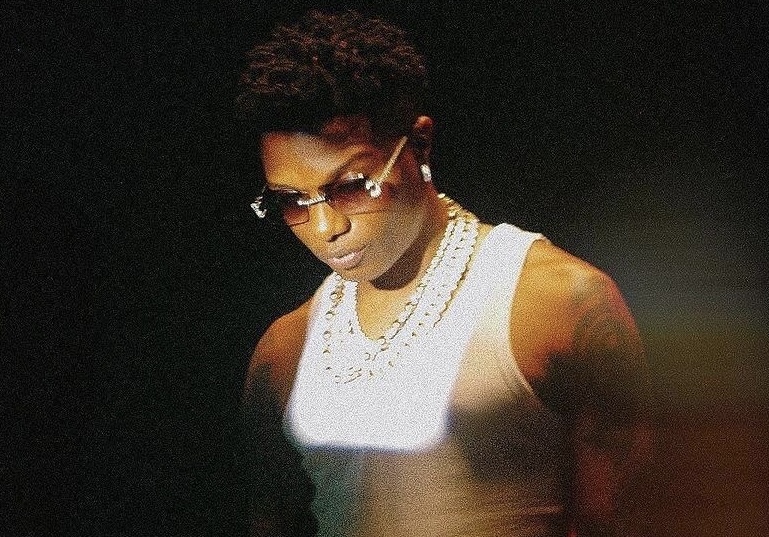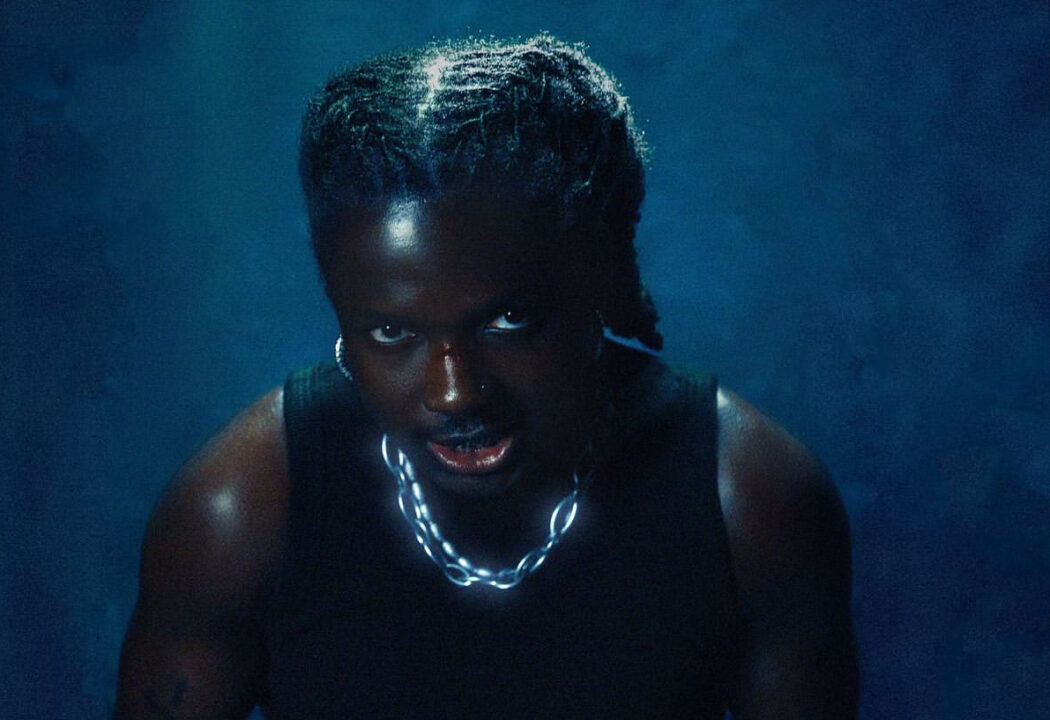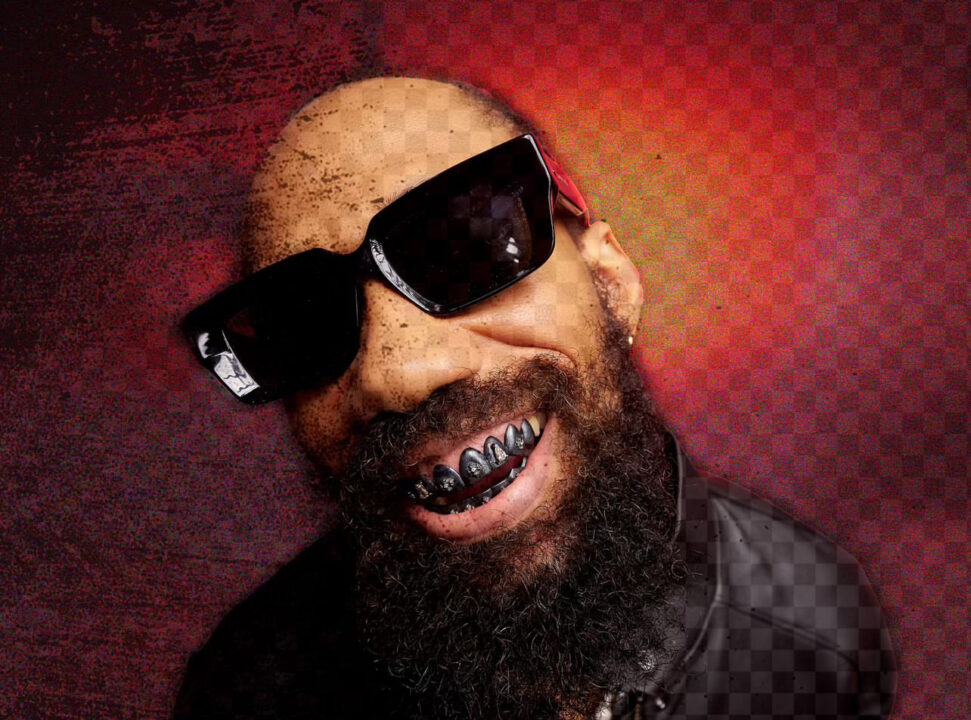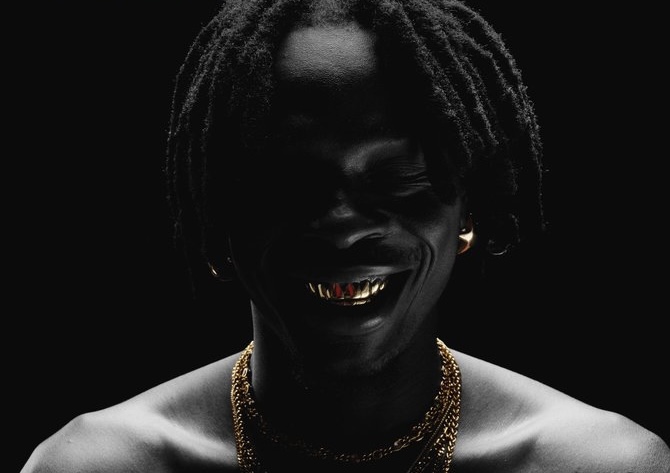Album Review: Fireboy DML's APOLLO: Does He Avoid The Sophomore Slump?
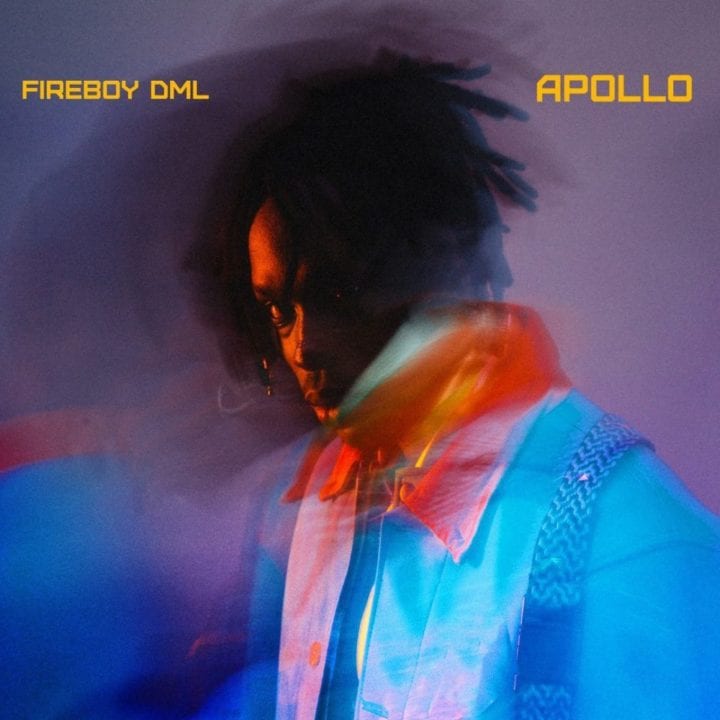
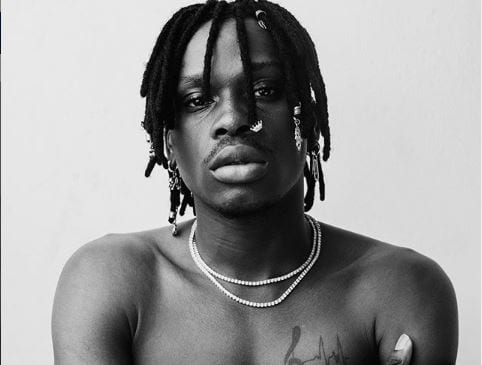
AfroLife superstar Fireboy DML
If something changed within the Nigerian music industry in the past few years, not many considered it seriously. Wasn't until Fireboy DML's debut Laughter, Tears & Goosebumps dropped, the sound of a sentimental generation, the herald of new stars on the horizon, the talent of these musicians weaned from an array of influences, filtered through their undeniable Nigerianess.
Fireboy DML, considered one of the most talented of that generation, by December already had a full length project with only a string of releases to gauge him by. It was a confident move made grand when LTG was revealed to have no features. Backed by the talent-spotting pedigree of label boss Olamide, Fireboy delivered, flexing in 13 songs the uncanny ability of crafting relatable stories and matching them with the perfect vibe. Laughter, Tears & Goosebumps is a classic, considering how it spurred great critical and commercial reception.
APOLLO, the sophomore, thus is released to an all-too-familiar situation. As the artist's second album, it'll be held to insane standards, those set by the artist himself when he released LTG in November 2019, since then the most significant album from any member of his class. If the announced title didn't give off the aura of ambition (Apollo is the god of music in Greek mythology), the singles which preceded its release should.
The trio of songs “New York City Girl,” “Eli” and “Tattoo” were noticeably different from the soulful Afro leanings of LTG. The first, both in song and visual, was deemed a rip off of several Western pop ideas; the second had a Chinese flute as its most dominant instrumentation; the third echoes of sex-inspired songs in the fashion of Marvin Gaye's “Sexual Healing.” Clearly, Fireboy DML's gaze was cast outwards. Coincidental with the EMPIRE deal or just artistic ambition? Well, I like to imagine both roads do not visibly diverge. They're interconnected, the art and the business.
Fireboy DML, from the jump, announces his business of being a great himself. He backs it up with his art, as every artist should, and not very differently from what LTG achieves, at least in terms of theme.
Where the debut banks on romantic description, APOLLO moves the chess piece broadly, switching the sound to capture emotion even vividly. Take, for instance “Spell” with idol Wande Coal, where lyricism meets the vibrant production of Pheelz, casting an ominous late party vibe about the song. Even when Wande's spellbinding falsetto rises, the beat is there to catch the descent.
A great part of LTG's success was achieved through the sonic brotherhood of Pheelz and Fireboy DML, the former providing drum-ready beats, sometimes powered by the eccentric infusions of casual instruments meant to excite (See: Need You). On APOLLO, the creative partnership is reinforced, as the ace producer furthers the experimental pulses of his artist. “Favorite Song” scatters colorful drums in pursuit of a 70s Disco vibe. “Friday Feeling” packs a groovy percussion into a loop, and Fireboy DML glides atop, vocals eliciting the funkiness of such weekend nights –that is, before the corona took it away. “Shadé,” the Type A-produced song, falls into this subsection of APOLLO, although with more soulful substance which makes it an immediate standout. Move and sing, it says.
The artist born Adedamola Adefolahan however, doesn't just move and sing. At the base of his writing is a deep-seated knack for introspection, the desire to be himself and a whole others like himself, spinning personal and borrowed accounts of existential crisis, ambition, love, lust and depression, quite common among young achievers like Fireboy DML. On “I'll Be Fine” (2018), he relates the burning desire to become a great artist, then assuring himself that even if he doesn't, he'll be fine. Two years later, the two syllables which forms his name is globally renowned, almost sure to refer to him when spoken together. His concerns have changed, but there are concerns nonetheless, and a quest for greatness is impossible without first undertaking the quest for Self.
“Airplane Mode” is a demonstration of said introspection at its finest. “So many things wey dey bother man/ Stress from friends and family and brother man,” Fireboy sings and afterwards, communicates disinterest in competition in one of the album's most poignant lines: “So many legends dey, I'm just tryna be another one.” The whole song, just like the phone activity it's titled after, sounds escapist, a break out the celebrity norm of cliques and wild outings. One of the strongest 3-song runs in recent times, “24 (Interlude)” –named after his age– and “Dreamer” complete the Introspective Fireboy trilogy. The second is a melancholic rendition of time's running clock and the haunting presence of love. “Dreamer” asks a tough question of idealists (“am I only a dreamer?”), channeling the wistfulness of a Passenger record through subtle keys and vocal gymnastics. (The British Folk artist is one of Fireboy's biggest contemporary influences.) As with a Pheelz production, several instruments clash in and out to make for a vaguely excitable end, although I reckon maintaining the quietude of its early parts would have worked better.
APOLLO is a quality tape, but there's some complications with its track listing. “Champ,” even with great potential, fails to fly as an opener. “Sound” seems displaced and there's a couple of filler tracks which distract from the rather great songs. Owing to Fireboy's dexterity as a writer, you always know what he's saying and it sometimes works against him when you have to go very quickly from dance record to philosophical inquiry, these awkward transitions more noticeable when the sounds sharply vary. A slimmer tape would have glossed out the positives of this album, which I'll discuss in a minute.
On the flip side, Fireboy DML's renown as a spectacular writer is still a great attribute. His songwriting is top notch, knowing when to wax lyrical, chant, or give way for a producer's showoff. This makes most of the songs on APOLLO quite realized and barring issues with structure, would have made for a flawless album.
Finally, to answer the Sophomore question: No, Fireboy DML doesn't succumb to the slump associated with second albums. APOLLO might be many things but one thing it isn't is a less-than-par album; here, you see the timeless potential of Fireboy and even if you don't fall in love with these ‘worldly’ sounds, in its better moments and at the perfect time, you're transported to a sonic landscape so beautiful it could only be crafted by Fireboy DML. As for the claims to greatness, he's well on his way, arching to become a genre of his own someday.


